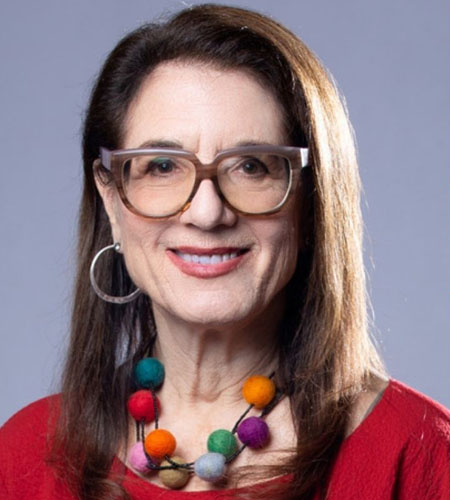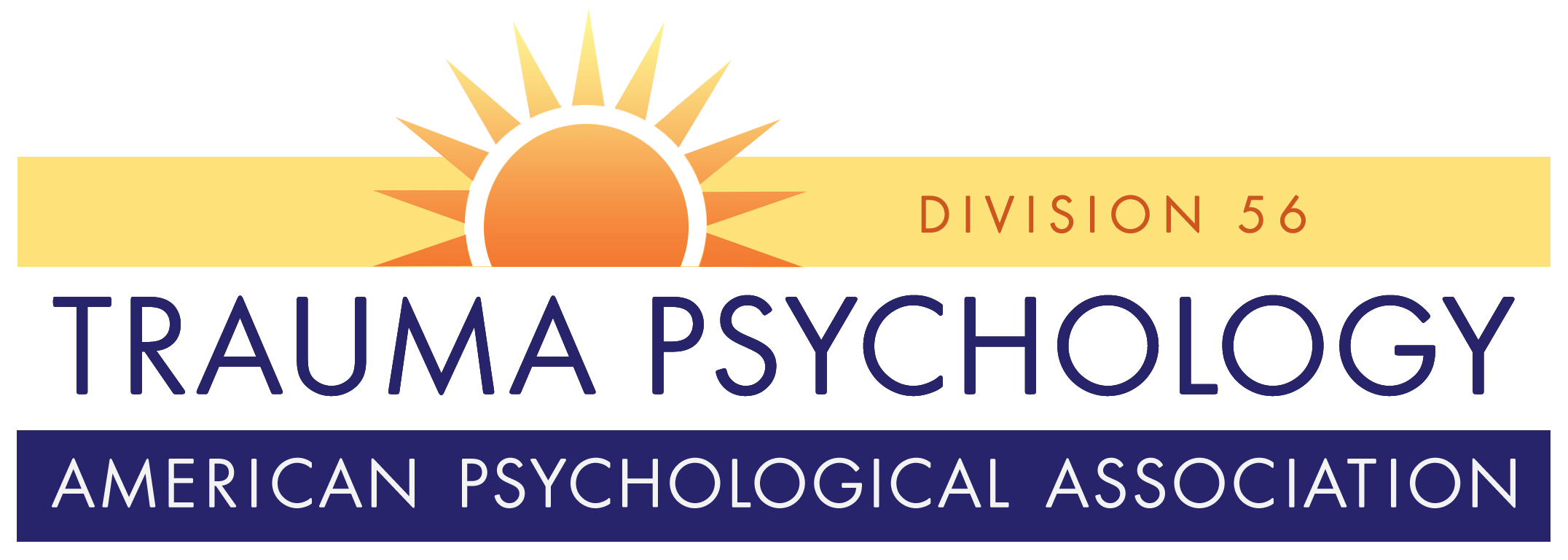Issue Archive
Who’s Who: Ilene Serlin, PhD

Dr. Ilene A. Serlin, BC-DMT
she/her
Psychologist and Dance Therapist
Formal education:
- PhD, Psychology, University of Dallas, 1981
- MS, Dance Therapy, Hunter College, 1973
Areas of expertise/interests:
Existential/humanistic psychology, all the arts, travel and cross-cultural exchanges
Self-care activities:
Dance, yoga, hiking, sleep, healthy diet, friends, love, family, reading, films, the arts, painting watercolors
What led you to this Field and career path?
I have been a folk dancer since 1962, so dance therapy was a natural extension to working with people using dance and story. I began to dance with a visit to Israel and Israel folk dance. While in Israel I witnessed a great deal of intergenerational trauma, began to research trauma in my own family, and learned that dance and the arts are intimately suited to working cross-culturally with trauma.
What is the most interesting thing that you have learned in your career?
That trauma is carried in various ways by most people. It is expressed differently in each person, yet there are commonalities in the intergenerational trauma of peoples and of cultural loss.
What have been the biggest changes in your field since you have started?
Psychology has become much more technical. The introduction of Zoom and distance therapy, the availability of coaches and a market approach to therapy has made psychology less about the human person and the relationship with the therapist.
How do you keep your life in balance?
It is a constant re-adjustment, knowing balance by losing it and returning. It is a dance. I often lose it, working too hard on projects or writing, but what I call “hibernation,” cocooning for sometimes 36 hours and just letting my body take care of itself. This is true especially after travel, time change, or intense workshops abroad.
How do you avoid burnout?
Nature is important—my husband and I hike a lot. We live near the mountains and ocean and go often. Getting away from the computer. Titrating news—I avoid news shows and prefer to read when I can. Dance and use of the imagination. Painting. Creating rituals to get closure on events, prepare for new ones.
What advice would you give to someone starting out in your field?
It is wonderful, wonderful work and worth all the headaches. If you love the work, keep finding ways to develop your skills and support yourself in practical ways.
If you could change something in your field, what would it be?
I wish I could stop the march toward technology.
What are your future plans and goals?
Keep traveling while I can… have a few bucket list trips planned with family and hope to continue to travel to consult/train/supervise in China, Istanbul and India. Mostly I am 74 now, want more time with grandchildren, and legacy projects—writing more and getting training materials out in user-friendly formats, as well as courses, CEs (Continuing Education credits), and webinars. I’ve had famous and great teachers and I feel a responsibility to pass on what I’ve learned.
What else would you like us to know?
That I have found a warm home in the division, very excited to see all the enthusiastic and creative young people and the division growing….and look forward to creating more learning opportunities together.
Submit a Who’s Who nomination on TPN’s online submission form
